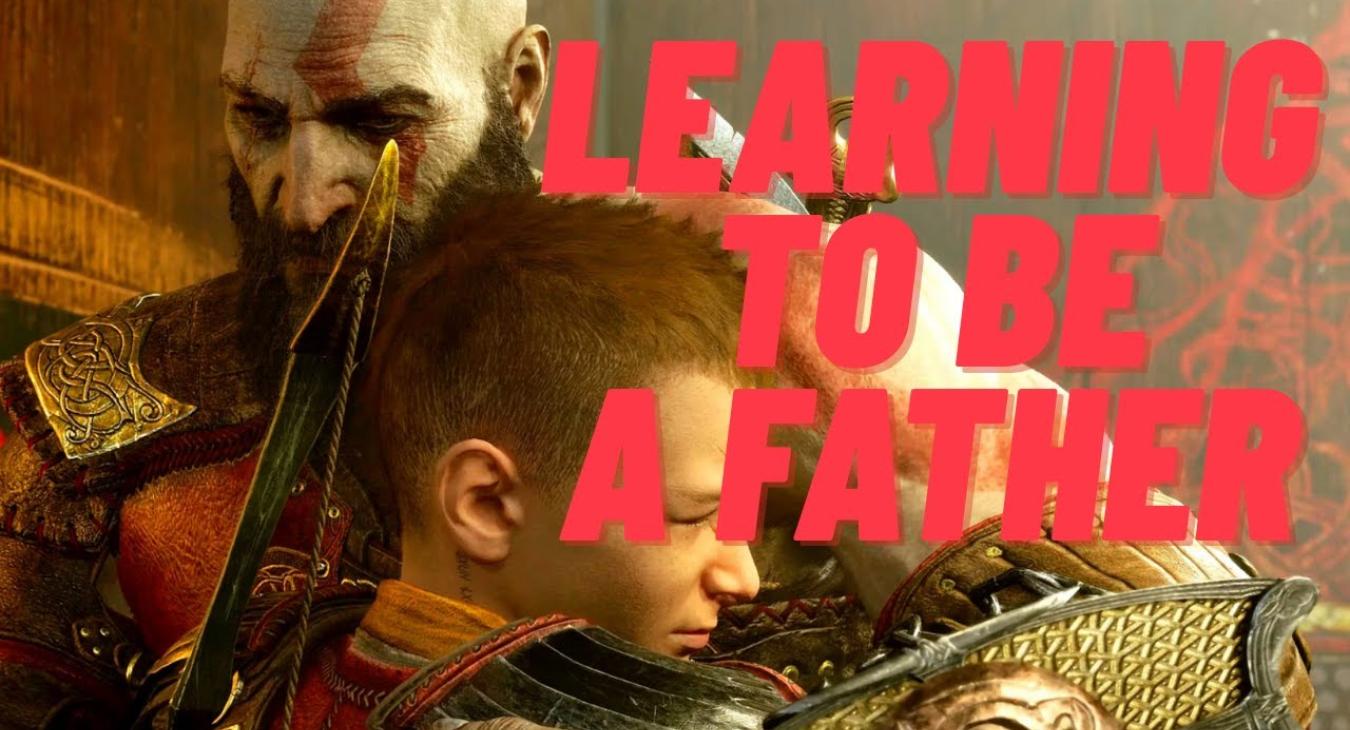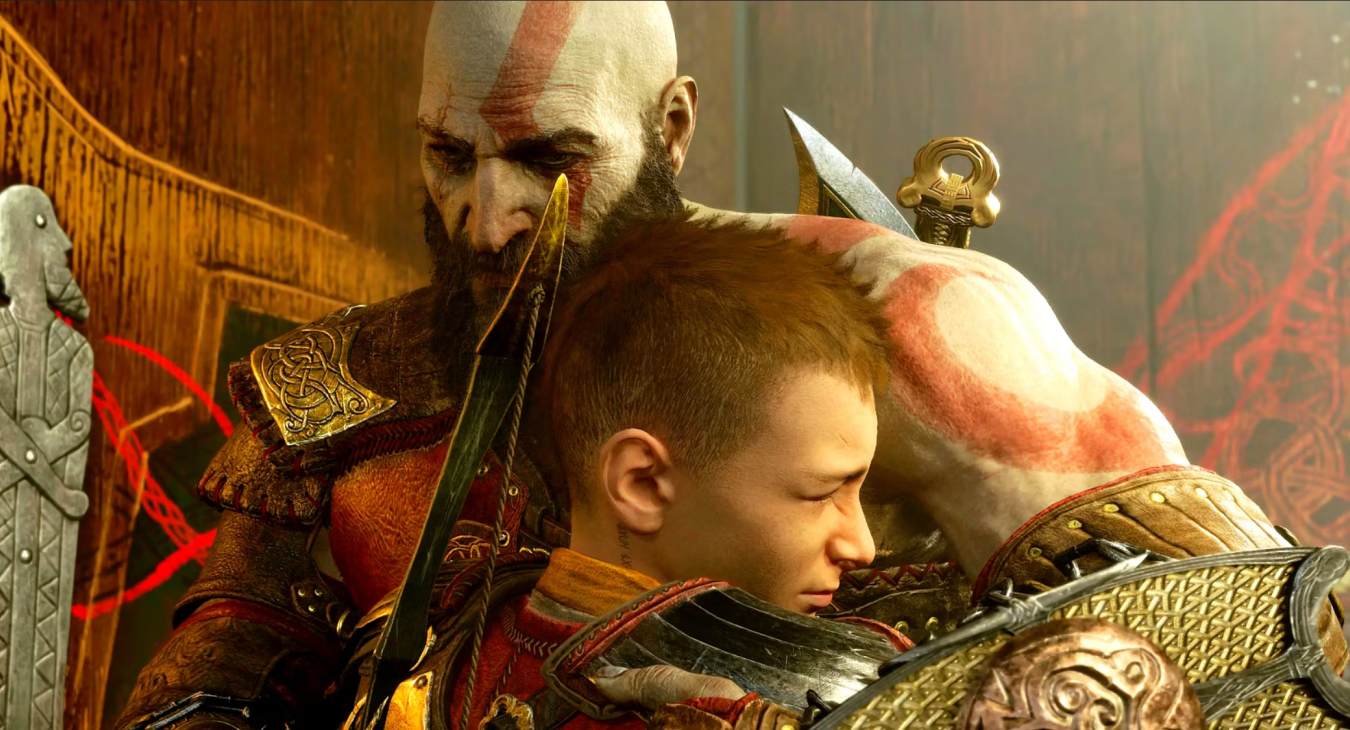Video Games and the Stories We Tell
Video games have come a long way. They’re not just about fast reflexes or levelling up anymore. These days, they tell deep and emotional stories. We get to know the characters—really know them—their backstories, their dreams, their flaws. And in the process, we often reflect on our own lives. How would we react in the same situation? What lessons can we take away?
Sure, it’s fun to imagine how we’d survive a zombie apocalypse (we’ve all mentally prepped, haven’t we?), but sometimes in between the action and the thrills, games hit a little closer to home. Take God of War, a game where you're not just fighting monsters, you're exploring what it means to be a father. And not just any father but a good one.
Kratos and Atreus, A Father Son Journey
Kratos, the main character, is known as the god-slayer. He’s a Spartan warrior with a violent past, even having killed his own father, Zeus. Now, much older and having lost his wife, he’s left to raise his son Atreus alone. It’s clear from the start: Kratos doesn’t want his son to grow up to be he use to be. He wants a different life, a better one. But as we learn in It Didn’t Start With You by Mark Wolynn, running from the past doesn’t erase it. If we don’t face it, it finds a way back.
What’s beautiful about the relationship between Kratos and Atreus is that it feels real. Messy. Complicated. It’s not a one-way street. Kratos begins the story closed off, stoic, emotionally distant. But as they journey together, he begins to open up. He learns how to express love, fear, regret. Atreus in turn, learns to listen and understand his father’s struggles. They both grow, not just as characters, but also as father and son.
Learning From Each Other
The game doesn’t fall into the usual stereotypes either. Kratos isn’t just the grumpy, overbearing dad, and Atreus isn’t just the angsty teen. Yes they argue, but they also teach and challenge each other. They help each other become better versions of themselves. It’s a reminder that the parent-child relationship is a two-way street. There’s always something to learn from each other.
As Atreus starts to understand who he is—part god, part giant, part mortal—he begins to believe he’s invincible. He says, “We are gods. We can do whatever we want.” It’s such a perfect depiction of adolescence, that point where many kids start testing boundaries, figuring out their identity. And Kratos? He’s trying to guide him, protect him, and figure out how to be a dad all at once. He’s learning on the job, just like many of us that didn’t have a healthy father figure in our lives.
Breaking a Vicious Cycle and Building Something Better
That’s the tough part. There’s no manual for parenting. No cheat codes. Every child is different, and every father is too. But what God of War shows so well is that it’s the willingness to try, to show up, to grow that matters. Mutual respect, understanding, and forgiveness become the foundation of their relationship. Kratos isn’t just seeking redemption for himself, he wants to give his son a better life, a better example.
It’s not about being perfect. It’s about trying. Making mistakes. Owning them. Doing the work to break the cycle and build something better. That’s what being a good dad is really about. And if you’ve ever found yourself asking, “Am I a good dad?” you’re not alone. Just asking the question means you care, and that’s a powerful start.
Counselling, Fatherhood, and Healing
Games like God of War remind us that we’re all carrying something. Sometimes it’s grief. Sometimes it’s guilt. Sometimes it’s just the fear of not doing enough. But we don’t have to carry it alone. Working with a counsellor can be a great space to unpack those feelings, work through old patterns, and explore how to be the parent, and person, you want to be.
God of War might be one of the best video games ever made, but it’s also so much more. It’s a story about healing, reconciliation, and the very real, very human journey of learning how to be a good dad.
George Papachristodoulou

